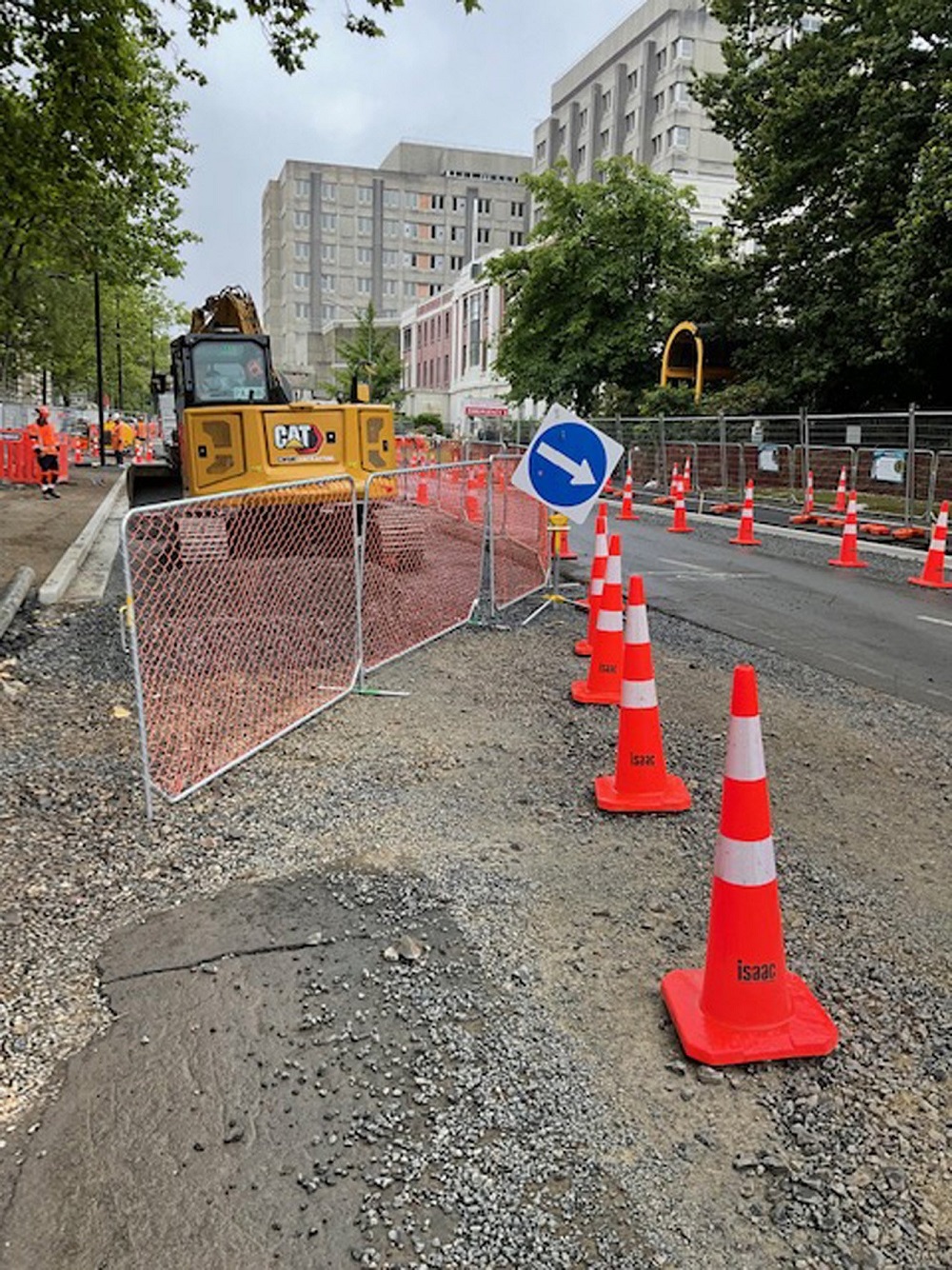

One of the first cabs off the ramp has to be health.
For many years there have been concerns about pay parity. We have fallen short of parity between men and women, and various ethnic groups.
This month the Government passed legislation which Minister Michael Wood described as delivering on its election promise to "support the lifting of incomes and working conditions of everyday Kiwis".
This legislation covering fair-pay agreements was to lift the wages of those on low to medium incomes.
While the principle of fair wages would have nearly uniform support, the laws do not always work as expected, even when the Government takes the advice of staff.
It was reasonable for the Opposition to voice a concern that it may reduce flexibility, choice and agility in our workplaces, as described by National’s workplace relations spokesman Paul Goldsmith in Parliament when the Bill was being passed.
However, another perhaps more important issue is why the Government does not feel able to follow its own principles in this regard.
The Government has been bickering with nurses for years about poor pay and causing a staffing crisis in our health system. It has only recently been prepared to allow nurses to be welcomed into NZ, and to give a pay offer to some nurses which may be acceptable — these changes may have coincided with the results of a by-election but are welcome nevertheless.
But even now, while the Government considered that rest-home and hospital-level healthcare staff could be considered equivalent, the Government is not accepting that practice nurses in primary health are to be accorded access to the same principles.
If the plan is for the legislation to insist the Government comes to the fairness table since it has difficulty coming without coercion, then giving a government department, namely the Ministry of Business, Innovation and Employment (MBIE) the discretion to oversee the details will not provide comfort to anyone.
It appears that when the Government is hearing from the private sector about issues in following fairness principles, it listens with different ears than when it hears from those whose incomes come directly or indirectly from the Government.
The Government has been taken to task both by the courts and by the Ombudsman Peter Boshier for its unfairness around MIQ. MBIE has also been found wanting in numerous fronts recently.
While the lottery system was a shambles every which way, had the Government been prioritising fast-track residency for health workers it would have had support.
We accept differences as equitable when there is a reason for the difference.
But that difference should depend on whether your pay comes directly from government or the private sector.
If the Government believes in everyone who does the same being paid the same, it should do exactly that itself.
Of course when it applies to the Government the principles tend to have different consequences. Government directly or indirectly employs health and education staff, and higher and more equitable pay principles are very expensive with the numbers involved.
Smaller private employers have reasons for their concerns as well. Differing business models and different locations make a one-size-fits-all approach difficult. And the thought that half a percent of all workers in the country can dictate pay for all throughout an industry is troubling for those who employ people in the regions or in small and marginal operations.
Common to both government and private enterprise is the payment of wages in New Zealand compared with those elsewhere. For example, trying to match China may be a race to the bottom. Likewise trying to match Australia is unlikely to be possible.
Whatever the Government does, it should not be determining fairness as rules which apply to private enterprise and not government. It should be showing leadership if it expects others to follow.
Meanwhile, it cannot have missed the attention of anyone who has left their home recently that there is an ever-increasing proliferation of cones about.
There are many people supervising the cones and the danger created by and being highlighted by the cones.
We are desperately short of health professionals and a variety of goods we need to keep the country attempting to be a first world country. Yet what we seem to be able to create and import is an endless supply of cones and road workers.
If only we had one new health worker for each cone allowed the problems would be solved. That seems fair.
- Hilary Calvert is a former Otago regional councillor, MP and DCC councillor.












